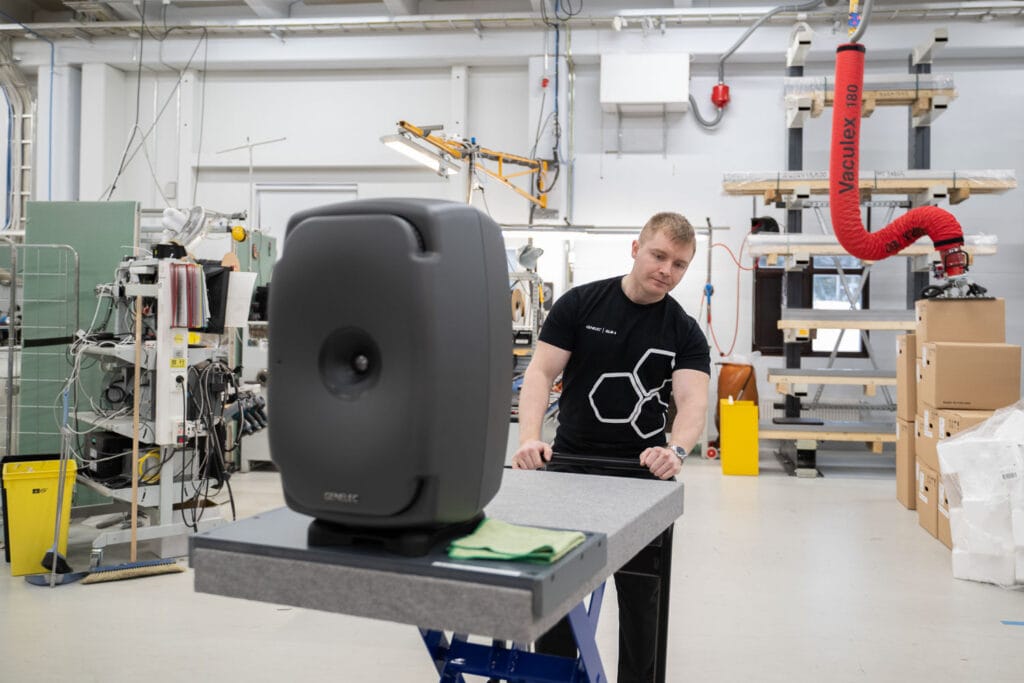Crucial elections
The parliamentary elections on 2 April this year are extremely important to all of us. The results will determine the composition of the new government. And as we know, the conditions of wage and salary earners very much depend on what kind of policy the Government and Parliament choose to promote.
In January, the Industrial Union published a comprehensive document concerning its goals for the next parliamentary mandate period 2023–2027. The main problem is wage and salary earners’ sinking purchasing power, due to the high inflation rate and energy crisis.
Weakening purchasing power is seriously threatening domestic demand and a positive employment development and can make the economic recession longer.
In 2016, the right-wing government forced the unions to accept a transfer of a part of the employees’ social insurance contributions from employers to employees. Rescinding this measure would bring rapid and balanced benefits, the union says.
Another key issue in the elections will be unemployment security. The right-wing parties advocate cuts: the National Coalition Party wants to halve the earnings-related unemployment benefits.
Finnish law and collective agreements must be followed, the union demands.
Should this become law, the Industrial Union estimates that up to 10,000 skilled industrial workers in the union sectors would be forced to accept only basic social security.
In respect of foreign labour and immigrants in working life, the union has often witnessed exploitation. Underpayment, too long working days, denying holidays and lack of breaks are never the employees’ fault, but always the employers’ fault, the union stresses.
With regard to all employment in Finland, Finnish law and collective agreements must be followed, the union demands. To reach this, better legislation against discrimination is needed, together with effective law enforcement.
The role of unions is extremely important in defending foreign workers, who are often in a vulnerable position. The Industrial Union is ready to do its part in this work.
But, first we need a Parliament that supports workers’ issues. And this rests in the hands of the electorate.
When and where to vote?
On Sunday 2 April, Finland will elect a new Parliament with 200 members. Every Finnish citizen who has reached the age of 18 not later than on the day of the election has the right to vote.
Many things in our daily life depend on the results of these elections. Parliament adopts laws, decides the state budget and the government must enjoy the confidence of Parliament.
The actual election day is Sunday 2 April when the polling stations are open from 09.00 until 20.00. There are a total of 1,808 polling stations around the country.
On the election day, you may only vote at your own local polling station. This is indicated in the voting card you will receive in the post. When voting, an official photo ID is necessary.
Voting is made by writing only the number for the candidate – against each candidate’s name is a number – of your choice on the ballot paper, and nothing else.
Another possibility is to vote in advance from 22 to 28 March. Again, an official photo ID is necessary. There are 958 places to vote in advance, usually in city halls, libraries or shopping centres.
You can vote in any of these, but remember to check the right number of your constituency candidate, as there are 13 constituencies in Finland.
See detailed information on elections on the web page vaalit.fi/en.




